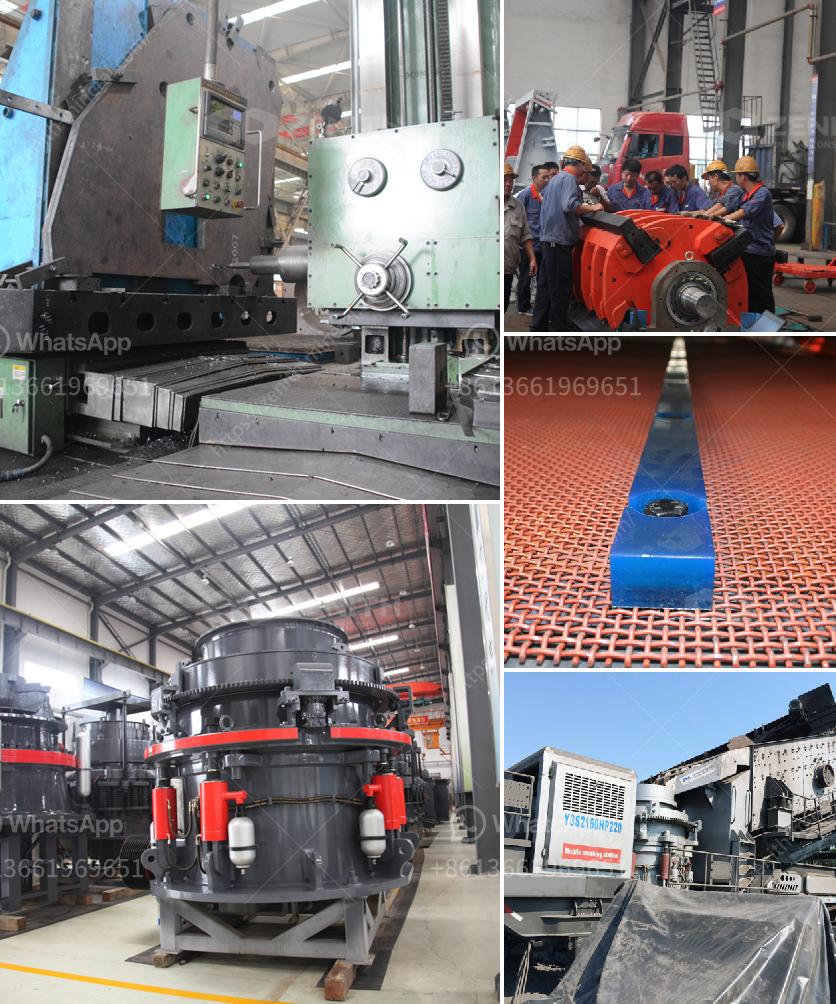The specifications of a crusher for crushing concrete can vary widely depending on the type and size of the crusher, as well as the needs of the project. Here are some typical specifications to consider:
-
Type of Crusher:
- Jaw Crusher
- Impact Crusher
- Cone Crusher
-
Capacity:
- Measured in tons per hour (TPH)
- Typical range can be from 50 to over 1000 TPH
-
Feed Opening Size:
- Determines the maximum size of the concrete blocks that the crusher can handle
- For example, a jaw crusher might have a feed opening size ranging from 500 mm x 750 mm to 1500 mm x 2100 mm
-
Output Size:
- The size of the crushed material, which can vary from less than 1 inch to several inches
- Adjustable settings allow for producing various sizes depending on the application
-
Power Requirement:
- Can range from around 50 HP to several hundred HP depending on the size and type of the crusher
-
Weight and Dimensions:
- The physical size and weight of the crusher unit, which can vary
- Portable crushers often have transport dimensions provided for ease of relocation
-
Mobility:
- Stationary vs. mobile crushers
- Mobile crushers are designed for ease of moving around job sites
-
Operating Mechanism:
- Hydraulic system for opening and closing crushers
- Automatic feeding, crushing, and discharge processes
-
Material Handling Capabilities:
- Ability to handle reinforced concrete
- Inbuilt systems for dealing with rebar and wire mesh
-
Durability Features:
- High wear-resistant materials for jaws, cones, or impact bars
- Robust frame construction
-
Safety Features:
- Emergency stop systems
- Modern models may have advanced features like automation and remote control
For specific applications, the optimal crusher type and configuration must be selected based on the nature of the job and the material characteristics. Always refer to the manufacturer's technical documentation for precise specifications tailored to your needs.

